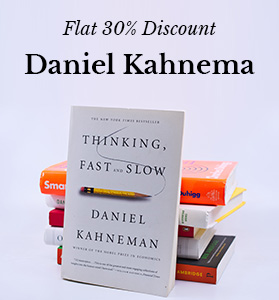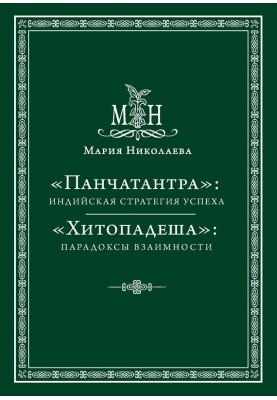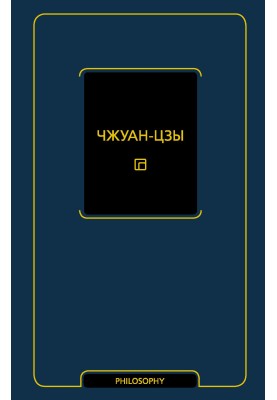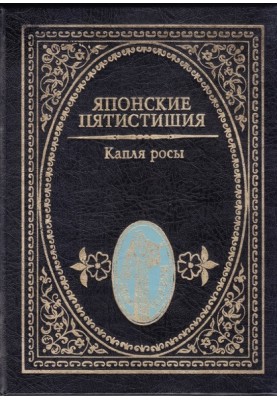New products
New products
Древневосточная literature
-
The Tale of the Great Worldгрн145.00 -10% Off грн130.50
Gunki-monogatari (warrior narratives) is a literary genre that formed at the turn of the 12th–13th centuries. Originates from oral descriptions of military c...
-
Ten evenings. Japanese folk...грн95.00 -10% Off грн85.50
Since ancient times, it has been customary in Japan to gather in the evenings and listen to fairy tales with the whole family. Following this custom, the fam...
-
Initiation and the Path of...грн45.00 -10% Off грн40.50
Tsele Natsog Rangdrel (born 1608) is a Tibetan thinker, yogi and poet, Buddhist master of the Nyingma and Kagyu traditions. He has written many works devoted...
-
Landscape of the soul:...грн75.00 -10% Off грн67.50
The great Chinese poet Li Bo (8th century) is usually perceived as a poet of civic, heroic-romantic, sublime tonality. However, his “soft, gentle” poetry, as...
-
"Panchatantra": Indian...грн75.00 -10% Off грн67.50
From time immemorial, having tried out the methods of achieving success, people shared them with each other, creating entire systems that make it possible to...
-
Another Khayyamгрн75.00 -10% Off грн67.50
Khayyam's poetry is very ambiguous and contains multi-level layers of meaning. His poems not only challenge any rigid system of views - they initiate us into...
-
A Tale of the Troubles of...грн120.00 -10% Off грн108.00
A monument to the genre of “war stories” (“gunki-monogatari”), “The Tale of the Troubles of the Heiji Years” (“Heiji-monogatari”, 13th century) describes one...
-
Bird logicгрн120.00 -10% Off грн108.00
Sheikh Farid ad-Dii Attar Nishapuri was a spiritual mentor and brilliant poet who lived in the 12th century. This publication is a translation of Attar’s fam...
-
Chuang Tzuгрн150.00 -10% Off грн135.00
Zhuang Tzu (c. 396–286 BC) is the great Chinese philosopher of the Warring States period, along with Lao Tzu, one of the founders of Taoism. This book is nam...
-
Supplement to Journey to...грн25.00 -10% Off грн22.50
The novel "Addition to the Journey to the West", entitled in the Russian translation "New Adventures of the Monkey King", is one of the most original works o...
-
Hagakure, or Hidden in the...грн150.00 -10% Off грн135.00
“Hagakure, or Hidden in the Leaves” is a famous treatise on the code of honor of the samurai (bushido), consistent with the canons of Zen Buddhism, Shintoism...
-
Japanese pentaverses. Dew dropгрн55.00 -10% Off грн49.50
One of the oldest genres of traditional Japanese poetry, impeccable in form, tanka, is widely represented in this collection: from the Heian era poet Ariwara...
















